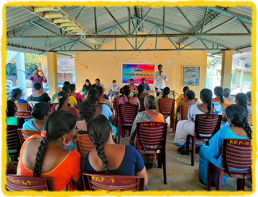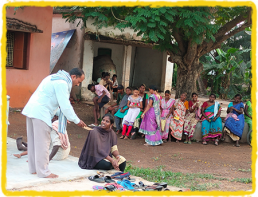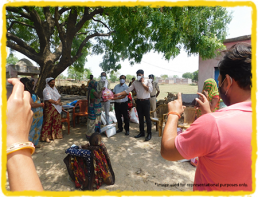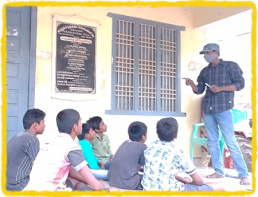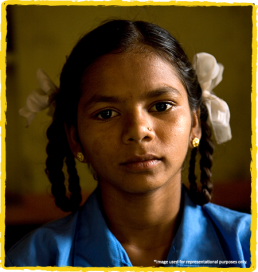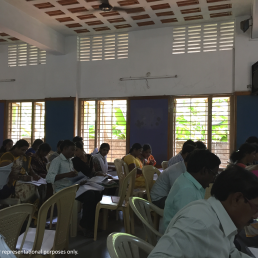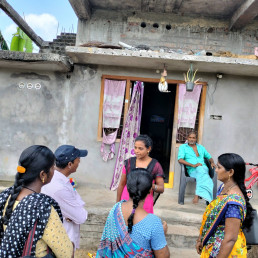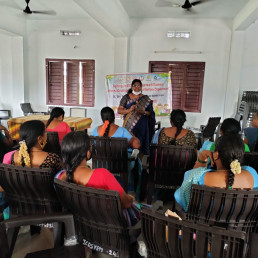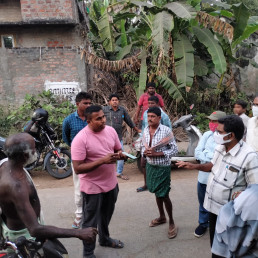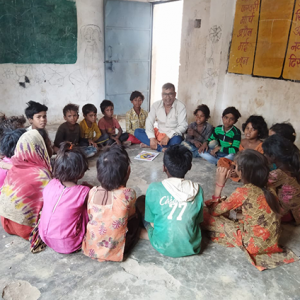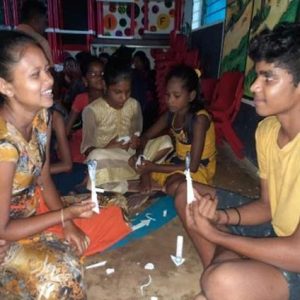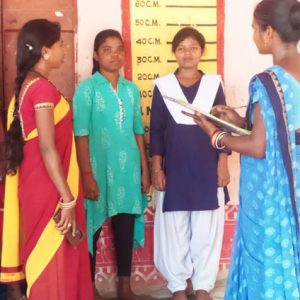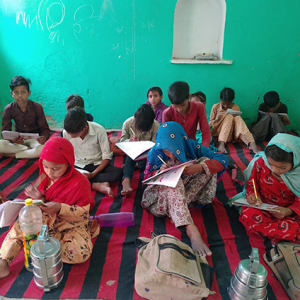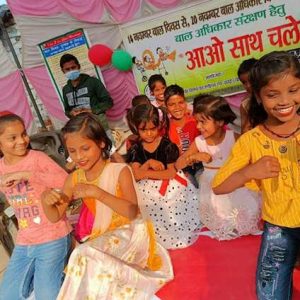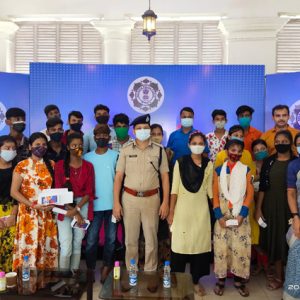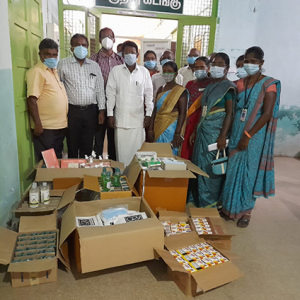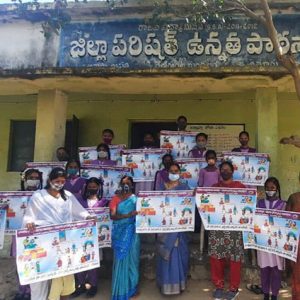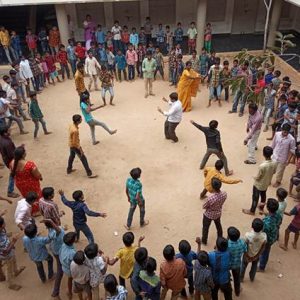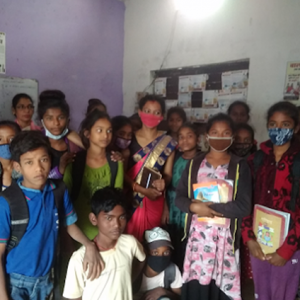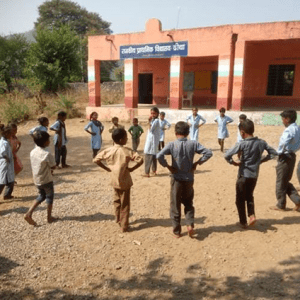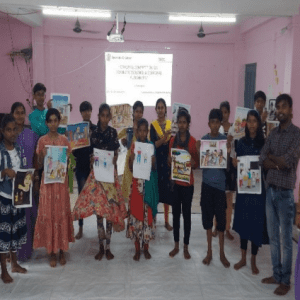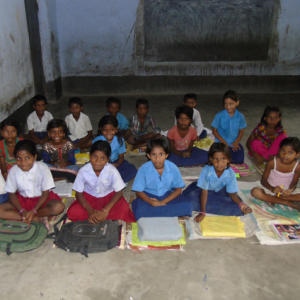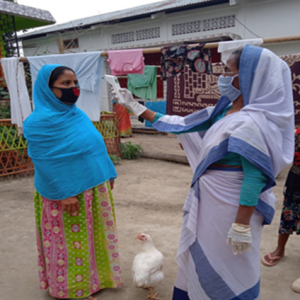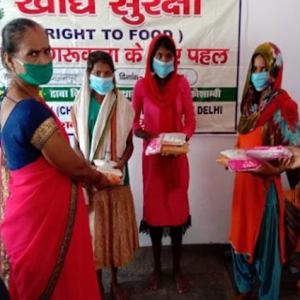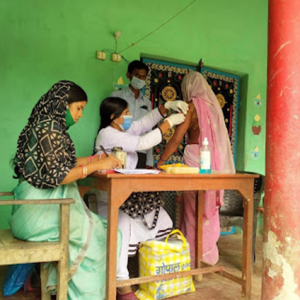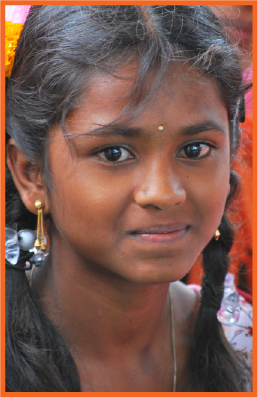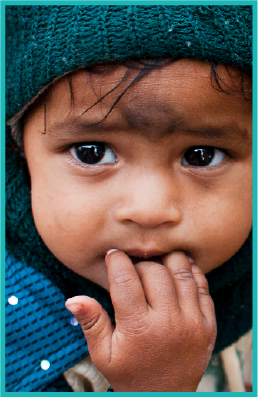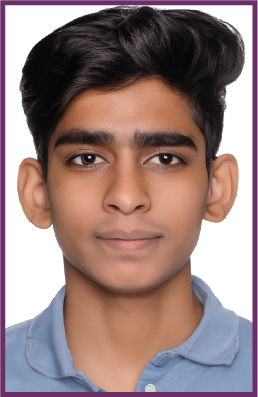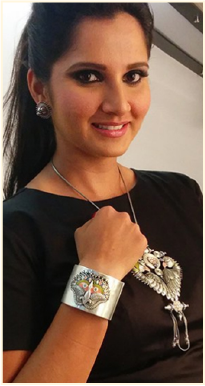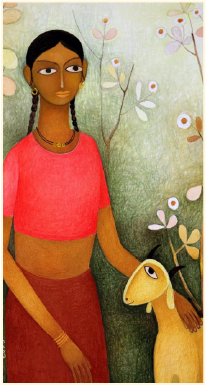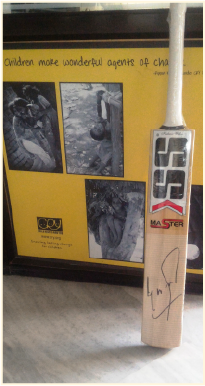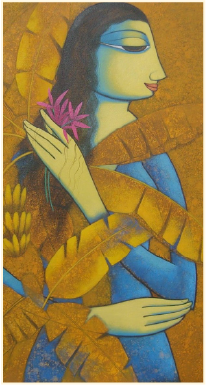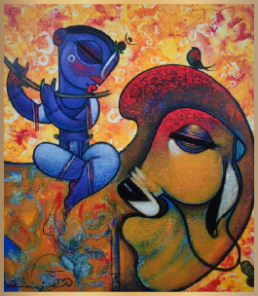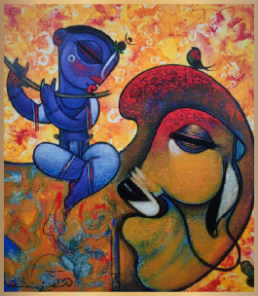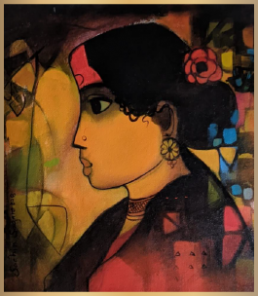Campaign Story
About the project
The east Godavari district in Andhra Pradesh has a very low transition rate from upper primary to high school especially for girls. The major reasons are distance from school, lack of sufficient number of high schools and colleges. COVID-19 crisis has pushed more children into child labor. The project works towards greater advocacy with the labor department and district administration to sensitize the communities on the ill effects of child labor.
Making a difference
CRY America’s Project SRAMA is working towards providing quality education to the children and to keep them out of the vicious cycle of child labor. The key activities under the project are identifying irregular children in schools and take measures to streamline them, sensitizing parents of dropout children on the importance of education, organizing career counseling sessions for 9th and 10th class children once in a year, providing training to village volunteers, Village Secretariat staff and cluster resource person on child rights and protection issues.
The way forward
● Orient 300 parents on the importance of the (Early Childhood Education)ECE programme.
● Ensure admission of 258 above 3 years children into pre-school programme of Anganwadi
● Sensitize 210 parents of dropouts on the importance of education.
● Ensure re-enrolment of 45 dropped out children
● Strengthen 8 Parents Monitoring Committee
● Ensure 33 children are removed from labor
● Orienting Anganwadi teachers on Early Childhood Education (ECE) programme components.
● Strengthening parents monitoring committee
● Conducting awareness programmes on child labor at the community level
● Implementing Life Skills Modules in child collectives to inculcate self-esteem and self confidence
● Transact life skills modules on sexual and reproductive health in adolescent girls collectives
The way forward
● Orienting Anganwadi teachers on Early Childhood Education (ECE) programme components.
● Strengthening parents monitoring committee
● Conducting awareness programmes on child labor at the community level
● Implementing Life Skills Modules in child collectives to inculcate self-esteem and self confidence
● Transact life skills modules on sexual and reproductive health in adolescent girls collectives
Project Impact

4
Anganwadi centers transformed in to Model Anganwadi Centers

38
Dropouts were mainstreamed

480
Parents of dropout children sensitized on importance of education

1310
Children were covered under life skills sessions

178
Children covered under adolescent life skills sessions












